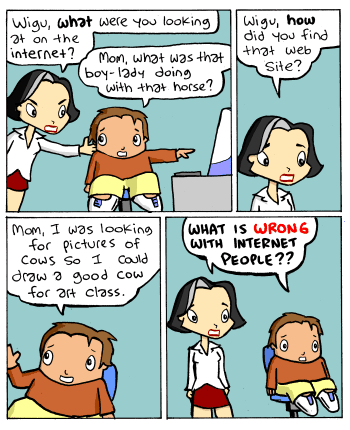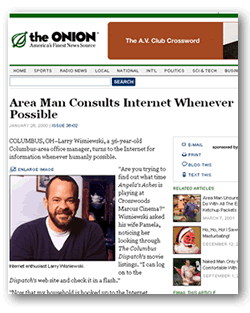The Wall Street Journal has Microsoft buying out Silicon Alley digital advertising stalwart DoubleClick:
The New York-based company is using investment bank Morgan Stanley to help sound out its options, these people said, including a possible stock-market listing. The company is majority-owned by San Francisco private-equity firm Hellman & Friedman, which since purchasing DoubleClick in 2005 for approximately $1.1 billion, has sold off a number of divisions and reshaped the business. Hellman is seeking at least $2 billion for DoubleClick, said one person briefed on the situation, and it remains an open question whether the firm will choose to complete a deal.
Acquiring DoubleClick could give a shot in the arm to Microsoft’s online advertising business. The company has been investing heavily in its own ad-delivery system, which it opened last year. People familiar with the matter say Google is preparing a service it could announce within the next few months that could serve ads on sites for Web publishers or for advertisers even when Google itself hasn’t sold the ads.
This is a predictable endgame, IMHO, and we should see other companies like aQuantive, ValueClick, and 24/7 Real Media (where I did some time in the past, but got out for good behavior) start becoming the focus of attention.
Microsoft is late to the digital ad game, and, like all of the latecomers to the business, is having a difficult time making up ground with a direct assault on Google’s search lead. A deal for DoubleClick, however, would buy them significant distribution of more traditional digital ad formats, while they build the portal/destination business at Yahoo!’s and AOL’s expense.



